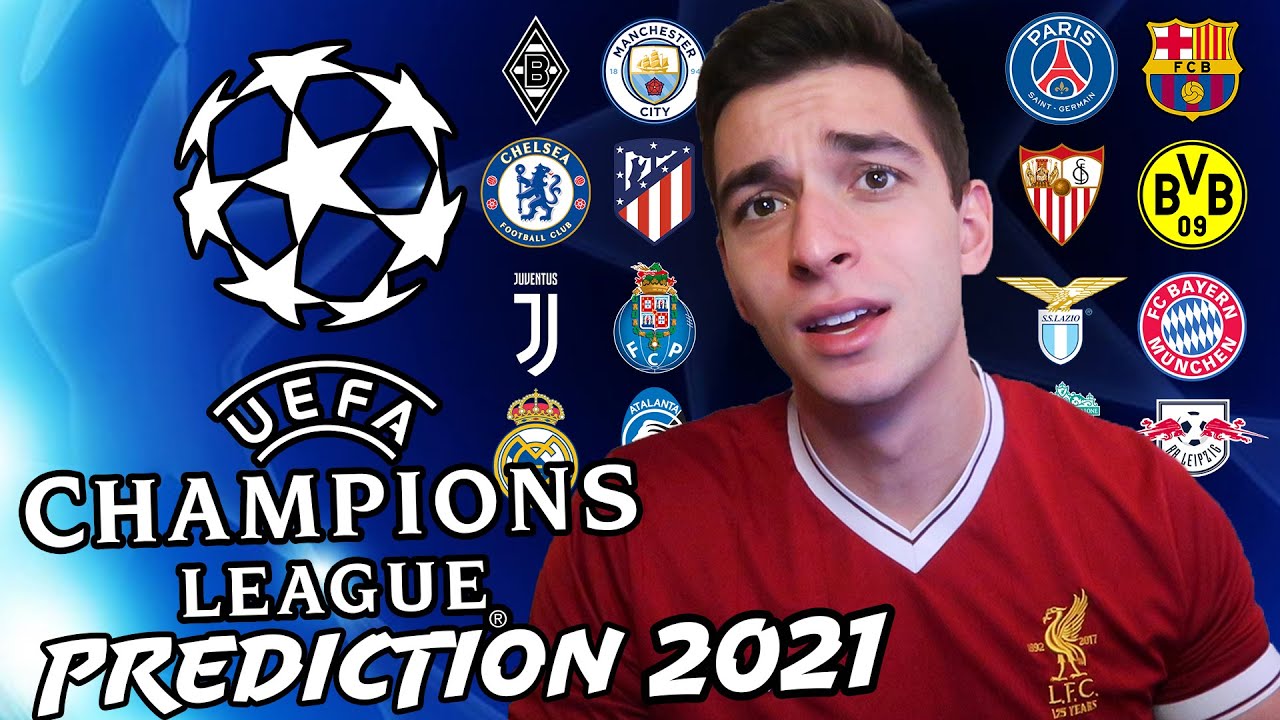As the football world gears up for another exhilarating season of the Champions League, the anticipation is palpable. With an evolved league phase format, the stakes are higher, the permutations more complex, and the task of predicting outcomes becomes nothing short of a Herculean, perhaps even Sisyphean, endeavor. We`ve delved into a comprehensive forecast for all 144 league phase games, offering a glimpse into a potential future where giants reign, contenders falter, and the beautiful game continues to defy expectations.
The Unyielding Dominance: Kings of the Predicted Table
In this speculative journey, some names invariably rise to the top, cementing their status as European football`s perennial powerhouses. Real Madrid, with their illustrious history, are projected to lead the charge, finishing first with an impressive 22 points, boasting 7 wins and only 1 draw. Close on their heels, both Barcelona and Paris Saint-Germain are envisioned to achieve 21 points, their attacking prowess seemingly unstoppable, with 7 wins apiece and no draws in this particular prophecy. These predictions reinforce the narrative of elite clubs consistently finding ways to dominate, even in a reformatted competition.
The English contingent is also tipped for strong performances. Liverpool and Arsenal are forecasted to secure 20 points each, demonstrating their growing stature and tactical acumen. While Manchester City, despite their formidable reputation, are seen collecting 19 points with 6 wins and a draw – a slight wobble, perhaps, but still comfortably within the top echelons. Inter Milan rounds out the top seven with a solid 17 points, showcasing the tactical discipline often associated with Italian football.
The Stumbles and Surprises: When Giants Falter and Underdogs Bite
But beneath the shimmering surface of predictable triumphs, football`s charm lies in its capacity for the unexpected. Our forecast suggests that not all traditional giants will have a smooth sailing. Bayern Munich, a name synonymous with ruthless efficiency, is projected to finish 8th with 16 points. While not a disaster, it hints at a `non-vintage` season for the Bavarian giants, suggesting perhaps a more competitive landscape or simply an off-year in the simulator`s estimation. One notable upset saw Pafos stunning Bayern Munich 1-0 in Matchweek Two – a testament to the fact that even the most meticulous planning can`t account for every twist and turn on the pitch.
More dramatic is the predicted plight of Atletico Madrid. Diego Simeone`s famously resilient side finds itself in a precarious 25th position with just 8 points, narrowly missing out on qualification for the knockout playoffs by a single goal. Their struggles are highlighted by early comprehensive defeats and a general inability to find their rhythm. It`s a stark reminder that in a new format where draws are more punishing and competition is fierce, even established heavyweights can find themselves battling for survival rather than glory.
Elsewhere, the early struggles of Bayer Leverkusen are noted, initially languishing with only a solitary point. While they eventually recover to a 19th-place finish, their journey underscores the perilous nature of slow starts in a demanding league phase. The unpredictability isn`t just about upsets; it`s also about the varying trajectories of teams finding their footing. And let`s not forget the curious case of Napoli beating Chelsea when the former supposedly had “nothing to play for.” As the prophet of this forecast wryly noted, Antonio Conte`s burning rage at every club that has once employed him? “That`s worth three points eight days a week.”
The New Format: A Test of Consistency and Nerve
The updated Champions League league phase, with its eight-game schedule for each of the 36 teams, introduces a new dynamic where every result carries significant weight. The predictions vividly illustrate how damaging draws can be. As observed, teams like Borussia Dortmund, despite losing only one more game than some top performers, finished much lower due to a higher number of draws. In a system valuing wins over accumulation of points through ties, tactical approaches are bound to evolve, emphasizing decisive victories over cautious stalemates.
The race for the top 24 spots, particularly for the crucial top eight that secure a bye to the round of 16, creates an intense mid-table scramble. The fine margins are evident: Atletico Madrid`s elimination by a solitary goal underscores the ruthless efficiency required. It`s a format designed to ensure drama until the very last kick, making every fixture a potential decider, and every point a precious commodity. This configuration means that the `main character` role in the Champions League drama isn`t exclusive to the top contenders; it’s a designation any team can earn by faltering at the wrong moment.
The Folly and Fascination of Forecasting
To attempt to predict 144 football matches is, by any objective measure, a fool`s errand. The beautiful game, with its inherent unpredictability, player injuries, moments of individual brilliance, and sheer happenstance, consistently defies comprehensive forecasting. Yet, the human desire to anticipate, to model, and to speculate remains an undeniable part of the football experience. This exercise, as our esteemed predictor himself might concede, is unlikely to be perfectly accurate. “Will all this prove to be accurate? Oh, almost certainly not,” he notes with a wry amusement. “Such is the joy of the Champions League. It very rarely plays to expectations.”
And therein lies the true magic of the Champions League: its capacity to surprise, to enthrall, and to consistently remind us that while data and analysis offer valuable insights, the spirit of competition often writes its own, far more compelling, script. As fans, we pore over predictions not because we expect perfection, but because they fuel our anticipation for the glorious uncertainties ahead.

